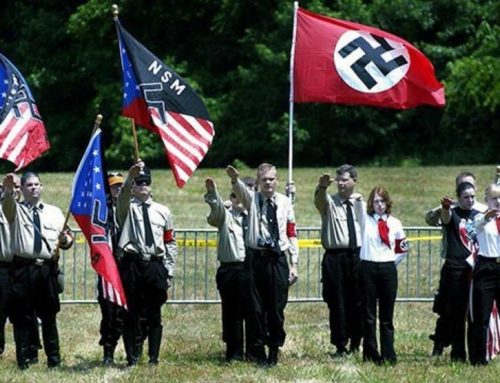The annual hate crimes report from the nation’s premier law enforcement agency, the Federal Bureau of Investigation (FBI), shows a significant increase in assaults and other attacks on members of the Sikh community in 2018, despite the fact overall rates of hate crimes have remained steady the past two years.
The Sikh community, however, witnessed a 200% increase in hate crimes, moving it into third place on the FBI’s list of more frequently targeted religious groups behind Jewish and Muslim communities.
“As documented hate incidents against Sikhs continue to increase, we are acutely aware of how our community continues to bear the brunt of hate in America,” said Sim J. Singh, senior manager for policy and advocacy at the Sikh Coalition.

In November 2018, Travis Mickelson of Dayton Ohio was convicted of a hate crime for firing 12 rounds into a vehicle carrying five Sikh men, injuring one. Mickelson was sentenced to 11 to 34 years in federal prison.
Singh said his organization is equally concerned about law enforcement’s poor record in accurately reporting hate crimes. Because the reporting of hate crimes is not federally mandated, most law enforcement agencies – including the FBI – routinely fail to categorize a crime as hate.
“Unfortunately, the FBI’s incomplete collection efforts do not give our government sufficiently accurate information to effectively assess and counteract hate,” said Singh. “It’s past time for Congress to pass the next generation of common sense, anti-hate crime legislation: the bipartisan Khalid Jabara – Heather Heyer No Hate Act.”
Named for two murder victims of hate crimes, the Act is intended to force all law enforcement agencies to accurately capture hate crimes when they occur, thereby giving the nation – and potential victims – a clearer understanding of the magnitude of the problem.
Law enforcement officials believe that Sikhs are targeted in part because of a mistaken belief their turbans are an indication they are radical Muslims and, by association, potential terrorists.
In one incident last August, 71-year-old Sahib Singh was out for a walk when he was accosted and beaten by two teenagers, one of whom was the son of the local police chief. Captured on a home’s security video, the assault included one of the boys spatting on the beaten Singh. Three days earlier, Surjit Singh Malhi was attacked and beaten by two men who shouted, “You don’t belong here.”
“Sikhs remain hundreds of times more likely to experience bias, bigotry, backlash, hate crimes and everything in between than the average American,” said Mark Reading-Smith, a spokesman for the Sikh Coalition, a national organization that advocates for the American Sikh community.
In a terrible irony, American Sikhs, who number roughly 500,000, are considered one of the nation’s most peaceful and peace-loving communities.

Leave A Comment
You must be logged in to post a comment.